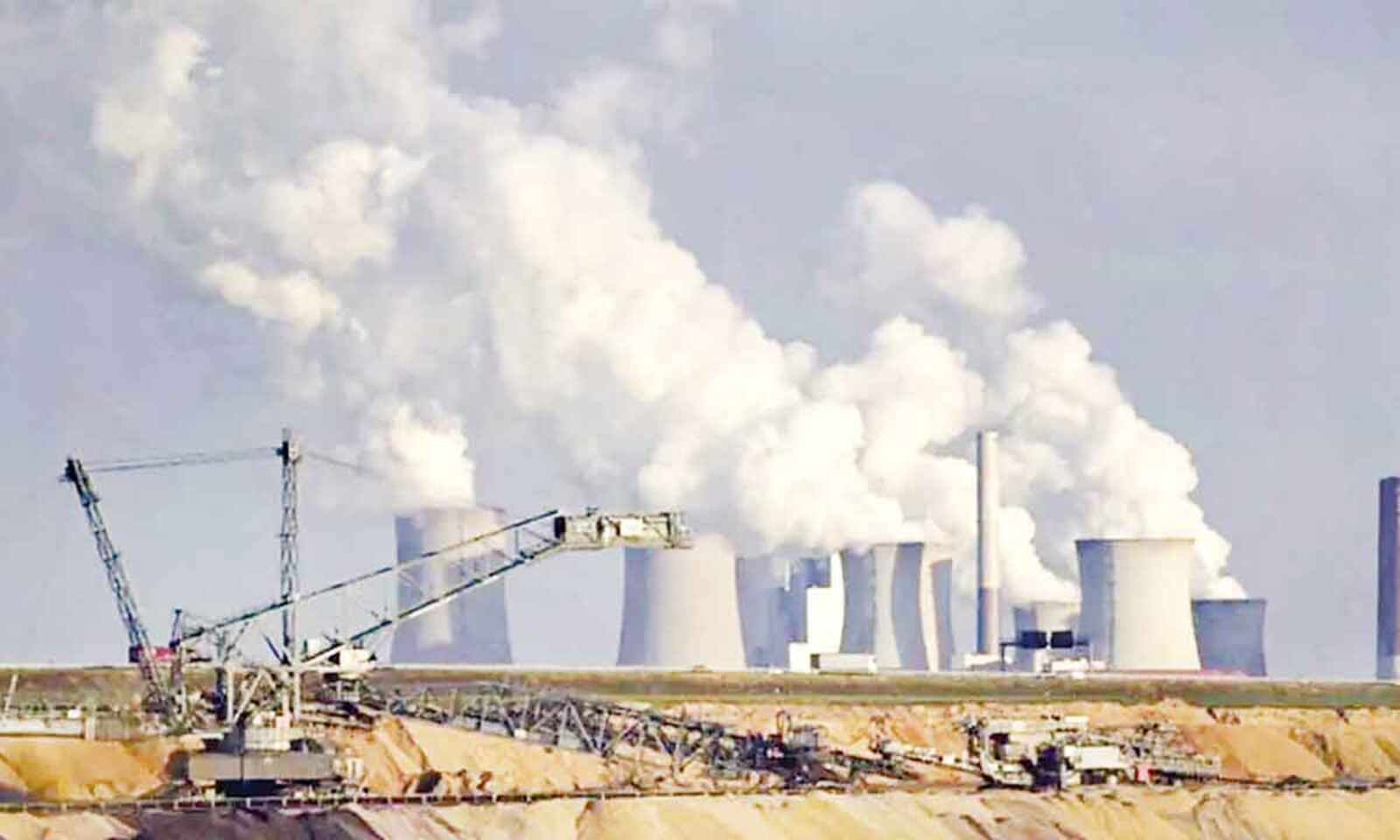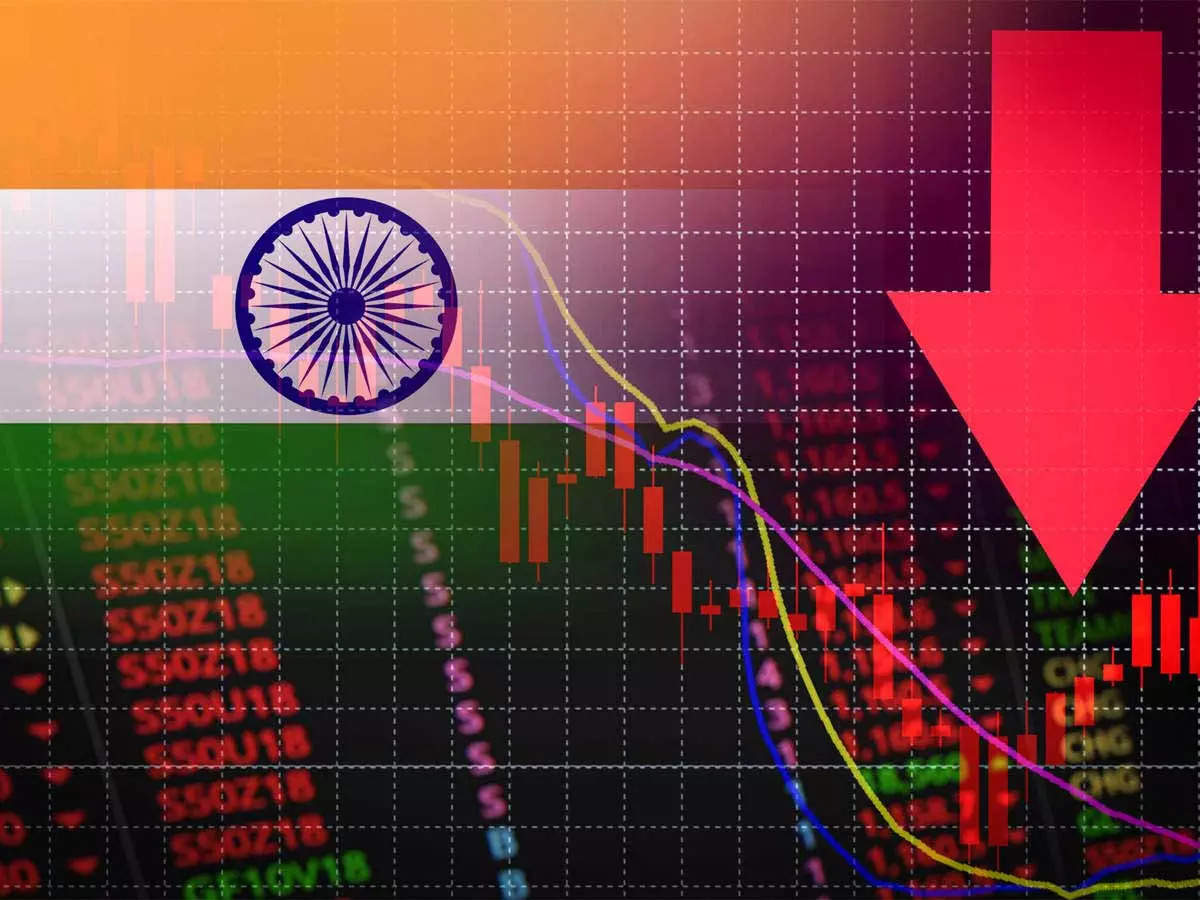Europe’s winters might cause India’s GDP to suffer.

On February 24, 2022, Russia attacked Ukraine. Since then, the West has enacted several sanctions, and as a result, Europe is currently experiencing the biggest energy crisis in 50 years. India is anticipated to suffer as a result of its economy being forced into a recession by rising gas prices.
India’s exports of goods fell 1.15% to $33 billion, while the country’s trade imbalance increased to $28.68 billion, more than double, as imports increased by 37%. Oil, liquefied natural gas, and coal are all major imports for India, and their costs have all recently grown significantly.

India’s trade imbalance is already approaching $30 billion per month, which is a debilitating and unsustainable sum. Thus, we are experiencing severe anguish. Europe is hardly the only place that is struggling. The European Union chose to apply severe sanctions and has promised to ultimately stop purchasing Russian gas to undermine Russia’s economy, which is mostly driven by the sale of fossil fuels.
However, as a result, petrol prices have recently skyrocketed across Europe. According to predictions made by Goldman Sachs researchers, the average European family would be paying a monthly energy bill of 500 euros ($494) in 2019, which is quadruple what it will be in 2021. The foreign exchange reserves will be put under severe strain if this pattern of behaviour persists for another 12 to 13 months. India is also feeling the effects.
Ukraine’s senior army commander, Valeriy Zaluzhnyi, issued a warning in an essay stating that the conflict with Russia will probably continue into the following year. The scenario for the upcoming year is gloomy. I don’t see either of the two sides giving up easily in the upcoming year, which is disastrous for the global and Indian economies.
According to Deutsche Bank research, India’s trade deficit this fiscal year might exceed $300 billion, pushing the current account deficit to more than $140 billion, or 3.9% of GDP. As a result, total foreign exchange reserves are anticipated to plummet even more. According to Kaushik Das, Deutsche Bank’s head economist for India and South Asia, the entire BOP (balance of payments) deficit for FY23 might reach $80 billion if the current account deficit grows to $140 billion.
According to Das, the current fiscal year’s deficit could be as high as $100 billion to 105 billion dollars after accounting for a drop in reserves due to valuation adjustments. The trade imbalance grows as exports fall and imports rise, which puts pressure on the value of the home currency.
India and China are emerging as Russia’s new customers as the European energy crisis deepens.
India and China received much more oil and coal from Russia throughout the summer compared to the beginning of the year, whereas European nations that had previously relied on Russian energy have drastically reduced their imports in reaction to the conflict in Ukraine.

According to the Centre for Research on Energy and Clean Air, from February to August, Russia sold coal, natural gas, and oil for roughly 158 billion euros (USD 158 billion), of which more than half, or about 85 billion euros, was shipped to the European Union. Germany was the largest importer of fossil fuels into the EU, bringing in 19 billion euros from Russia over six months.
China, however, was the world’s top importer, purchasing Russian energy worth 35 billion euros, according to the Helsinki-based organization. According to the study, Russia’s earnings increased, but its overall export volumes decreased by 18% from when it invaded Ukraine.
Since the start of the conflict, the EU has reduced its imports from Russia by 35%. Additionally, the 27-nation union has banned Russian coal and will stop selling oil by the end of the year. Russia has abruptly stopped supplying natural gas to the EU, saying this week that it won’t start up again until Western sanctions are repealed. Robert Habeck, Germany’s minister of economics, stated on Monday that his nation doesn’t anticipate Russian gas shipments to restart.
On Tuesday, German Foreign Minister Annalena Baerbock admitted something that past Berlin governments had vehemently denied: Previous purchases of cheap Russian gas put Germany’s national security in danger. Baerbock stated in a speech to German diplomats and business leaders in Berlin that “until recently, there were false technical reasons; now the authorities in the Kremlin are alluding to our sanctions as a whole, which appear to stand in the way of more gas deliveries.”
According to the Centre for Research on Energy and Clean Air study, India and China bought much more coal and crude oil from Russia in July and August compared to February and March. In contrast to independent estimates that the conflict has so far cost the Russian state the equivalent of 100 billion euros, the organization said that fossil fuel exports to Russia provided roughly 43 billion euros to the federal budget. Following Russia’s invasion of Ukraine, the European Union’s next moves to solve the continent’s escalating energy issue are anticipated to be announced the following week, according to the European commissioner for energy.
Due to rising energy prices, several European nations have restricted their budgets.
Russia’s state-run energy corporation has continued to shut down a pipeline carrying natural gas to Europe in what German authorities see as a political power move, and the European Commission’s president believes that the EU’s electricity market “no longer runs” as a result of the Ukraine conflict. The European Union’s energy ministers will convene in Brussels on Friday for a special meeting to discuss a complete package of answers to the power market’s cost increases.
The European Commission hopes that the package, which will include steps to decouple gas and energy pricing, increase market liquidity, and coordinate demand reduction, will be adopted next Wednesday. This would include concerted efforts to reduce demand, similar to those made over the summer, a temporary cap on the price of the gas used to generate electricity, and adjustments to the rules governing trading on energy exchanges.

European countries have made an effort to think about innovative energy sources. Approximately 20 floating terminals that would take liquefied natural gas from other nations and transform it into natural gas for homes and businesses would be one short-term solution. The proposal, which calls for the first floating terminals to begin distributing gas by the end of the year, has alarmed experts who are concerned about the strategy’s long-term effects on the environment.
They caution that the terminals would maintain Europe’s reliance on natural gas, which, when generated, transported, and consumed, generates climate-warming methane and carbon dioxide. We must be careful to protect the supply at this time when Russia is using its natural gas resources as a weapon. Therefore, certain unusual investments are required.

The crisis worsened when Russia’s state-owned gas exporter Gazprom declared that a key pipeline carrying gas to Germany would remain shut down, alleging an oil spill and claiming that the problems could not be fixed because of sanctions barring several economic interactions with Russia. Authorities in Europe claim that this is energy blackmail meant to splinter and exert pressure on the European Union while it protects Ukraine from Russian aggression. Previously, 40% of the natural gas consumed in Europe came from Russia, with Germany receiving a disproportionately large share of this energy import.
Edited by Prakriti Arora






